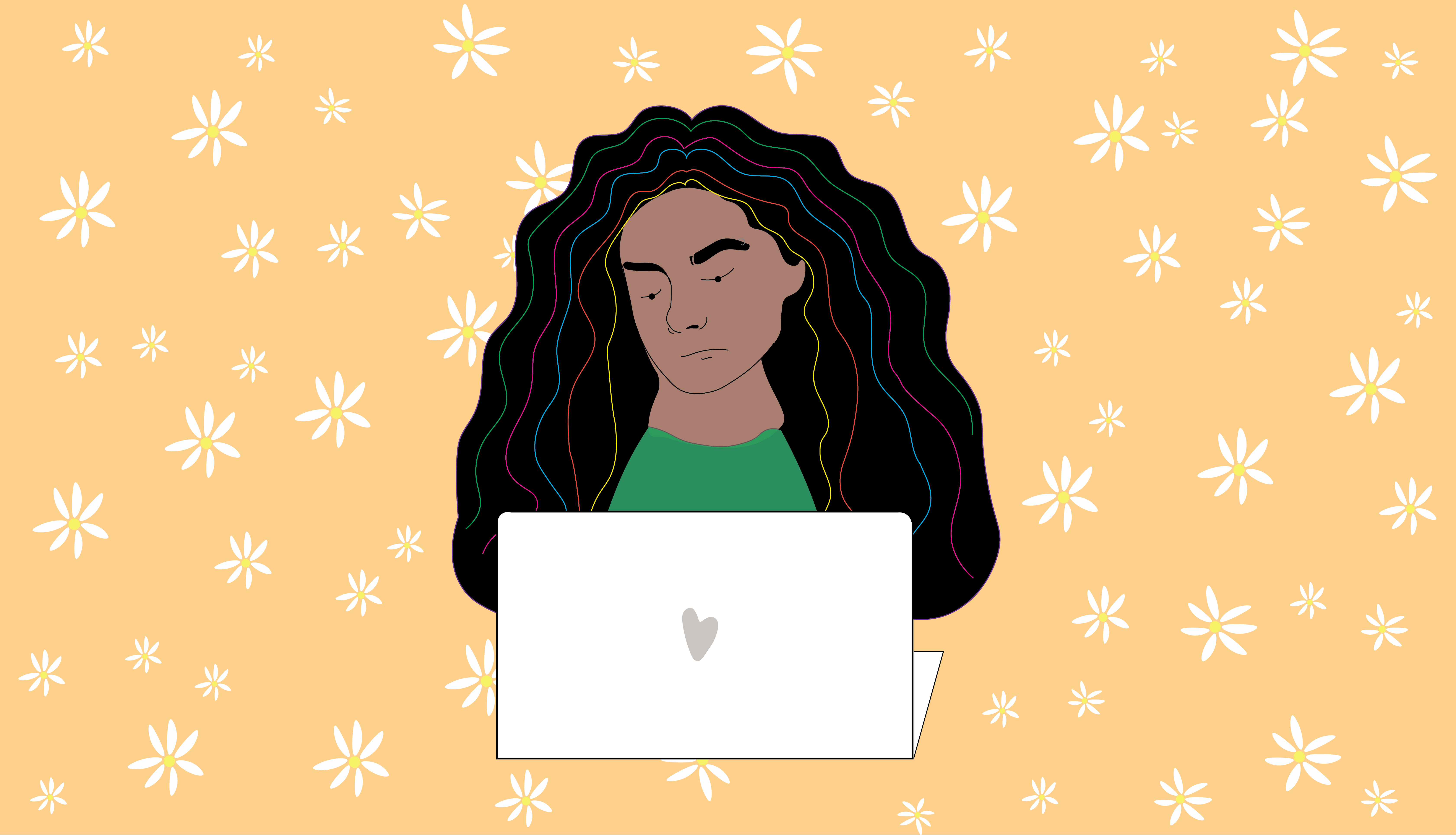Over the years as a journalism student, I have struggled with the balance between staying informed and staying sane.
Living through Trump’s presidency, dire times for climate change and now COVID-19, it’s hard to find ways to turn my brain off and take care of myself.
Even though this is something that I have been trying to balance for over five years, I can’t say I have come close to mastering it, even prior to this pandemic.
As we unpack some strategies on how to stay calm during these wild times, remember that I am right there with you—an unnerved and anxious girl doing her best.
For some, the news is simply too much. This being said, it’s quite difficult to stay informed without listening to at least some type of news, as you don’t want to depend on second-hand information. Although, in a situation like COVID-19, where it feels like you must stay informed at all times, I would suggest designating a specific time of your day to check in on what’s happening.
Things are moving quickly, but they are also moving very, very slowly. We are likely to be in this mess for quite some time, so together let’s learn how to share our brainpower with the outside world and within our apartments (or wherever it might be that you’re self-isolating.)
I’ll be honest, yesterday I spent a lot of the day on the couch. I began to ruminate about how long I’m going to be in this situation, how bored I am and when I’ll get my life back. This type of thinking is normal during a crisis, but one thing that brought me back to a more realistic mindset was to remember how lucky I am.
The other day, one of my friends said, “I can’t think of another person that is less affected by this than me.”
For me, this is absolutely true. My challenge is finding a balance between making space for myself to feel anxious and uncomfortable during this time while keeping perspective. I have so much privilege in this situation and it’s harmful to disregard that.
I’m in a family of health-care workers. They are lovely stress balls of worry, as they see what’s happening on the front lines. Yes, somedays I am twiddling my thumbs, but that in itself is a privilege.
Despite the privilege, let yourself feel whatever you are feeling, even if it’s self-pity and despair. Then, get up and move. We can do this.
One thing you can do during these times is reach out on social media and see if anyone needs help. If you are able to, see if you can pick up groceries for someone, walk their dog, donate to the food bank or help promote small businesses. Even just reaching out to your circle to see who needs to chat could be beneficial.
Social media has been a positive force through some of these crazy times. My echo-chamber is filled with activity suggestions, poignant comics and uplifting posts—yours can be too! Unfollow anyone that is making you anxious, and let it be a sanctuary of helpful tips and tricks. It’s helped me feel less alone—maybe it will help you too!
Although it’s a time where people need to come together, also keep in mind that you need to take care of yourself. Keep your house clean, create a space that makes you feel calm and perhaps make a solid schedule of tasks you’d like to complete each day.
Another thing I’ve noticed is that COVID-19 is taking over every single conversation I’ve had in the past little while. Heck, it even took over this whole article. Try, if you can, to distract yourself throughout the day as well. Even if you can only do it for 10 minutes, we can start there. Learn a silly dance, go for a run or play a new videogame.
As cliche as it sounds, it looks like we are really just going to have to take one day at a time. Oh! And call your mom, that always helps.
Graphic by Sasha Axenova
